One Water Researchers run a number of water-related research labs, institutes, centers, and projects.
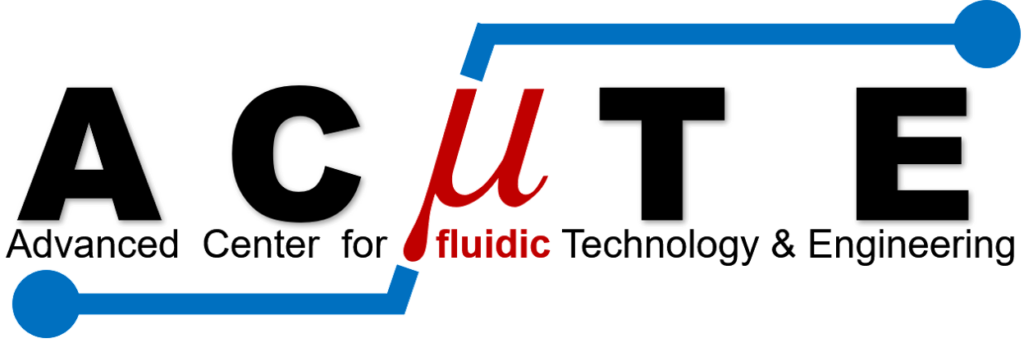
Our research program focuses on microsystem engineering areas related to the protection of human health and preservation of the environment, as highlighted by the United Nation’s Sustainable Development Goals 3, 6, 13, 14, and 15. The long-term goal of our research program is to introduce advanced microsystems knowledge and technologies to facilitate the investigation, treatment, and prevention of human diseases, by utilizing the bioengineering and microfluidics science and technology concepts at the molecular, cellular, tissue, organ, and whole-organism levels. Achieving this goal has involved conducting fundamental research on multi-phase fluid mechanics at the micro-scale and subsequent application of the obtained knowledge to devise microsystems for manipulation and detection of various physical, chemical, and biological contaminants and disease biomarkers in a wide range of carrier fluids (see figure above).
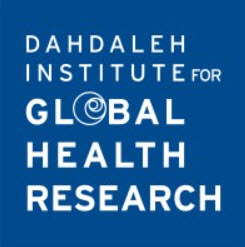
The Dahdaleh Institute for Global Health Research uses critical problem-solving approaches to pursue effectiveness, equity, and excellence in global health. We are global health leaders, researchers, practitioners, and students working at the interface between research, policy, and practice to address 21st-century global health challenges.
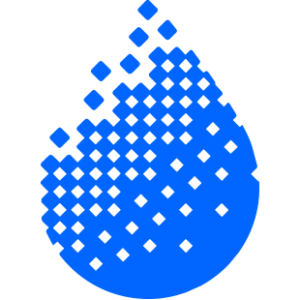
The Humanitarian Water Lab find ways to get safe, healthy water to vulnerable people in humanitarian crises and resource-constrained settings around the world. We work with people affected by crises and frontline responders to identify critical gaps in knowledge and practice wherever water intersects with human health. We bring together people with the right kinds of expertise and experience to catalyze transdisciplinary research; design, test, and refine solutions, and translate research to change real-world practice, all with the aim of helping to improve health, well-being, and dignity of vulnerable people. The Lab has three core areas of activity:
- Critical problem-solving research on pressing water and health challenges;
- Training and professional development on water, sanitation, and hygiene (WASH) in emergencies; and
- Convening international events to advance the humanitarian water engineering research agenda.
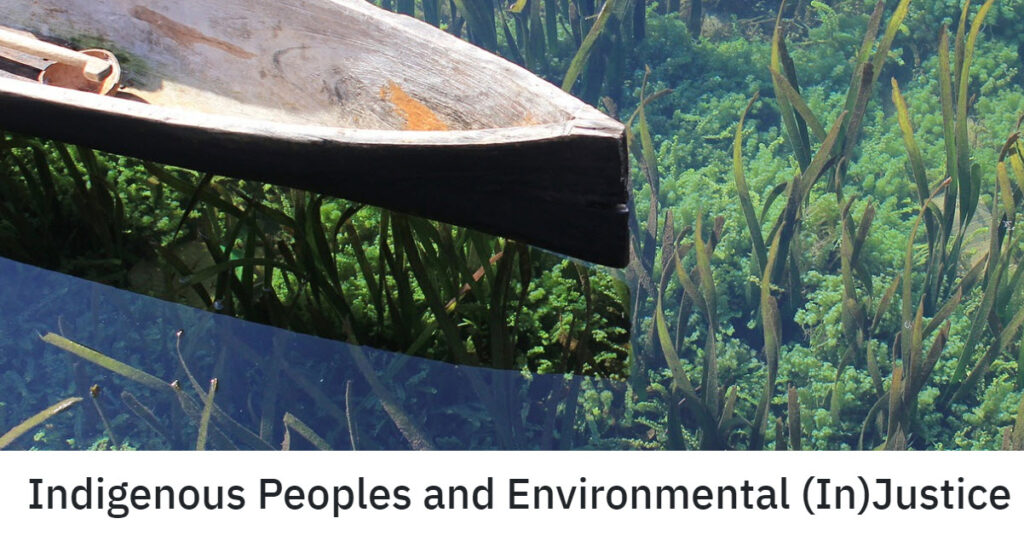
The Indigenous Peoples and Environmental (In)Justice team consists of researchers and collaborators. Since 2016, we have had many people work on different IEJ projects. Our researchers include faculty researchers, students, postdoctoral fellows, and community members. Our collaborators have also played a vital role in generating and sharing knowledge on Environmental Justice.
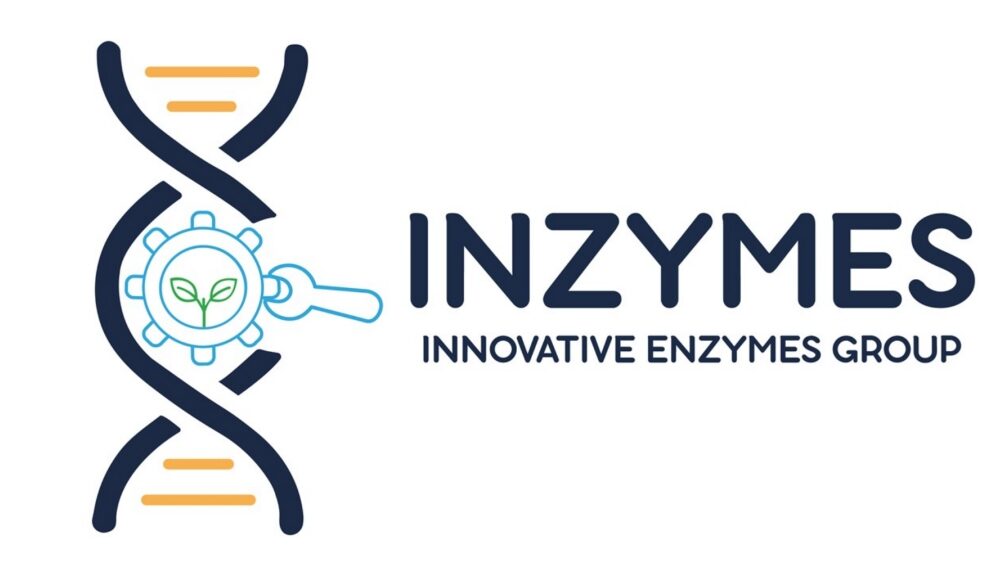
Inzymes is a research group in Lassonde School of Engineering at Civil Engineering Department which focuses on development of new strategies on water and wastewater contaminants, emanating from various sources including pharmaceuticals (ciprofloxacin, tetracycline, among others), secondary metabolites from microorganisms (cyanotoxins), oil and mining extracts (conventional and unconventional oils), and petroleum by-products (p-xylene) are increasingly being detected at low levels in different environmental matrices, including surface water, groundwater, soils, and wastewaters.
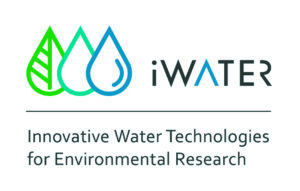
The innovative Water Technology and Energy Research (iWaTER) Laboratory was established by Professors Magdalena Krol and Ahmed ElDyasti. In total it includes six faculty, over two dozen students, and research associates, all collaborating on different projects related to various water disciplines, such as groundwater, waste water, drinking water and urban water.
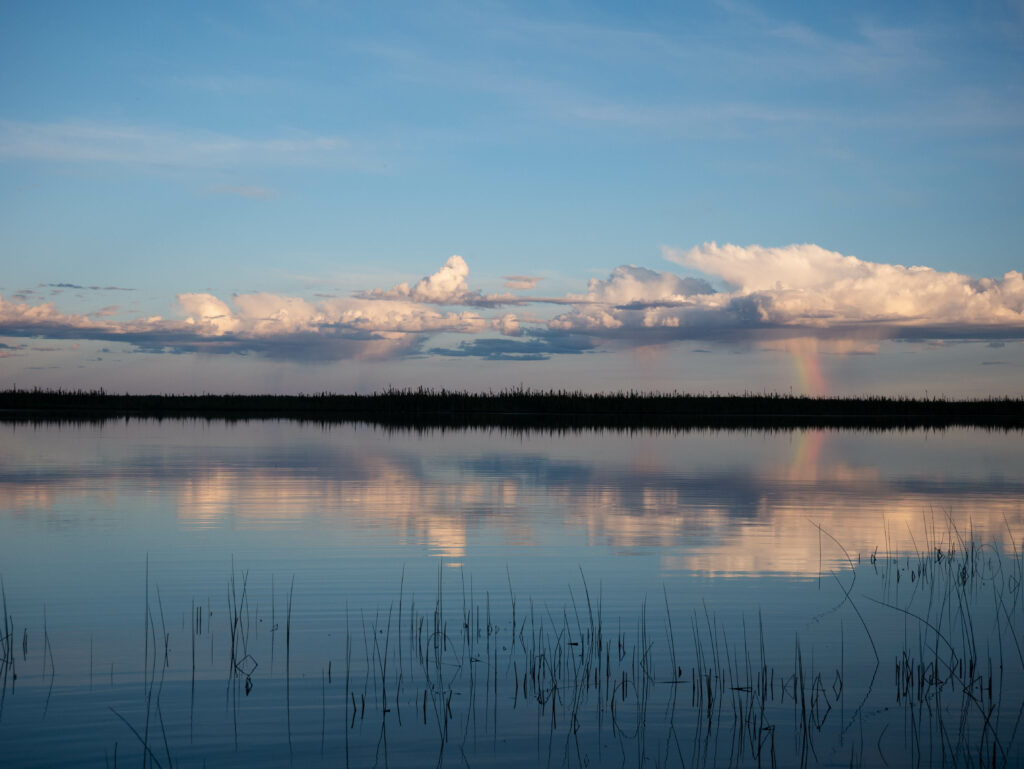
The Canadian landscape has an abundance of lakes under pressure from multiple stressors. A long-term perspective is needed to understand implications for lake ecosystem functioning, but direct observational monitoring records are rarely available for this purpose. We use lake sediment cores (the field of paleolimnology) to indirectly infer past environmental conditions and trajectories of lake ecosystem change, with a geographical focus in southern Ontario and the Northwest Territories.
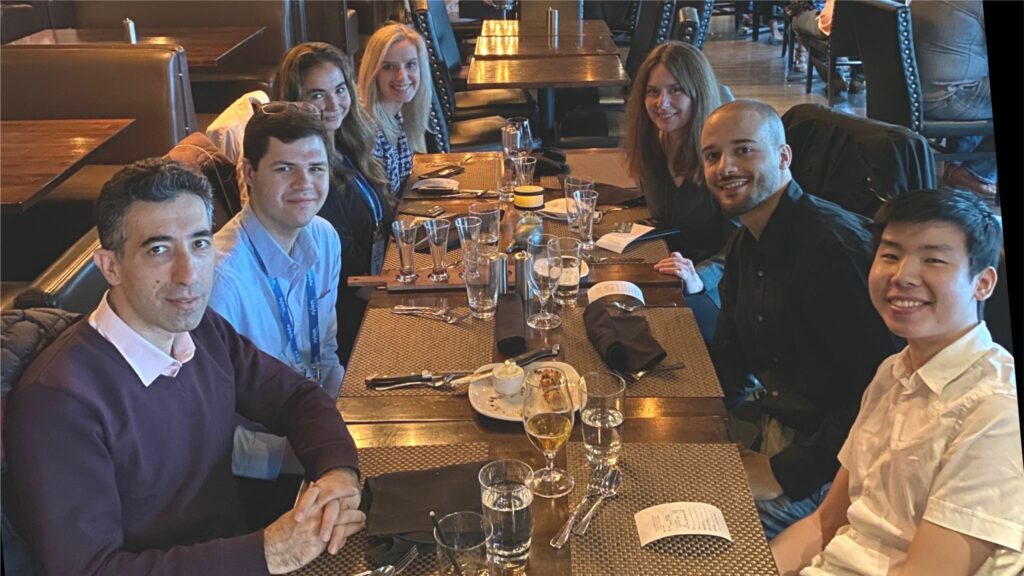
The Safe and Sustainable Water Research Group was founded by Dr. Stephanie Gora. The team researches many different topics related to Water Resources Engineering. In the page below, you can learn everything there is to know about who we are and what we do.
The underlying goal of our research group is to create a better future through water resources engineering. With many different initiatives and a world full of opportunity, the Safe and Sustainable Water Research Group aims to create a safer and more sustainable future for as many people as possible.
To learn more about our group and our initiatives, contact Stephanie at stephanie.gora@lassonde.yorku.ca

Broadly, we are interested in predicting the effects of environmental stressors, such as climate change, invasive species, and habitat alteration, on lakes. There are opportunities for undergraduate and graduate students in my laboratory
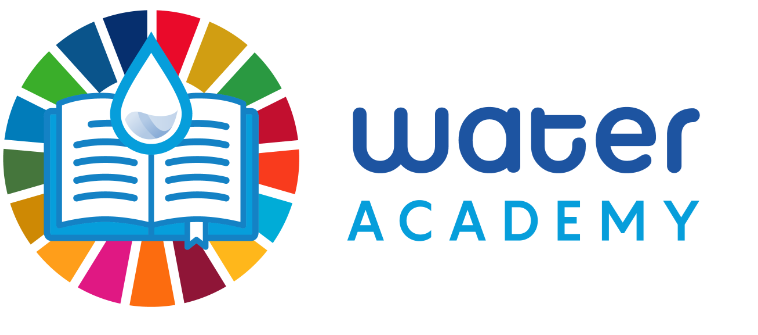
The objective of the Global Water Academy is to deliver a global virtual education training and capacity building platform on water. The Academy will build on our focus on social justice, diversity, and the public good to create a training program that is uniquely focused on disadvantaged communities. We provide training and develop skills on global water issues, generate risk assessments of water insecurity, and build strategies for resilience, mitigation, and adaptation measures in response to global environmental degradation, including climate change, to ultimately safeguard our water resources. We incorporate Indigenous perspectives and sustainable development principles into the Global Water Academy. We weave traditional Indigenous knowledge within our program to further our understanding of practices in caring for water.
